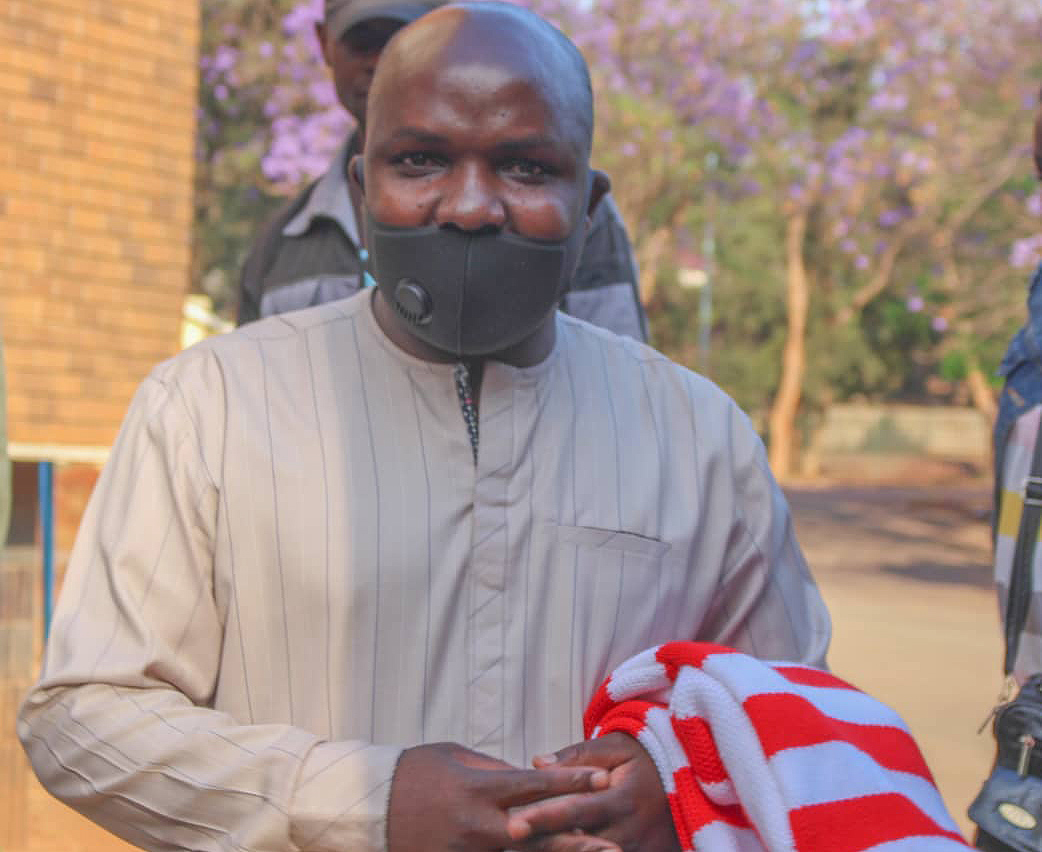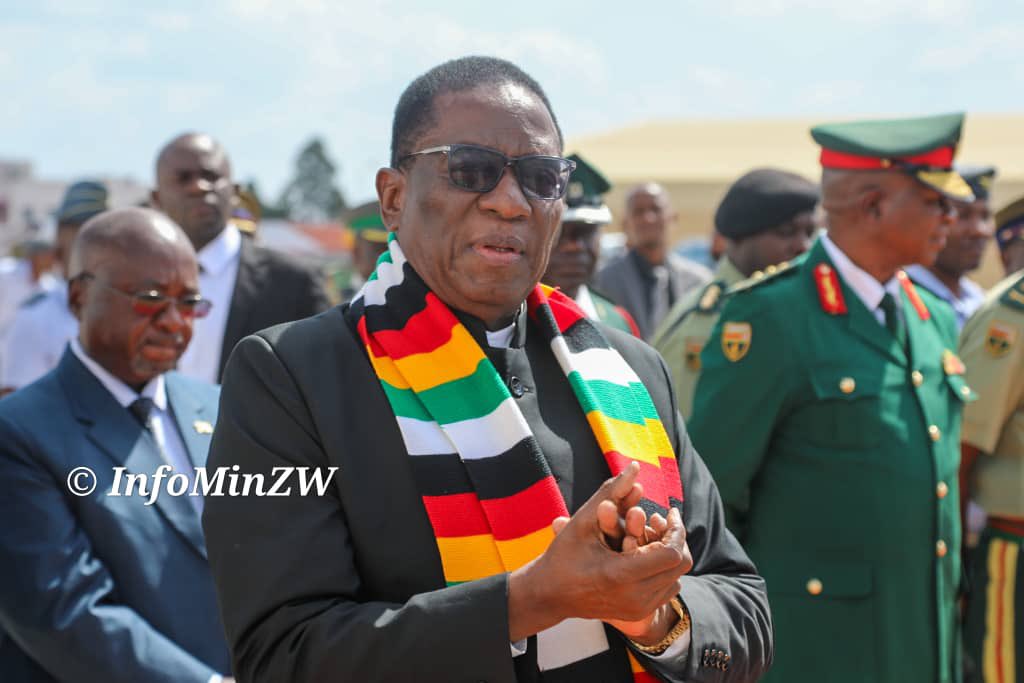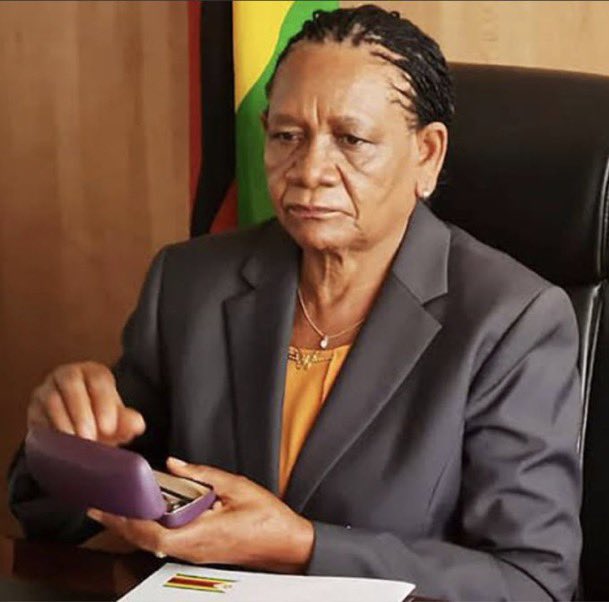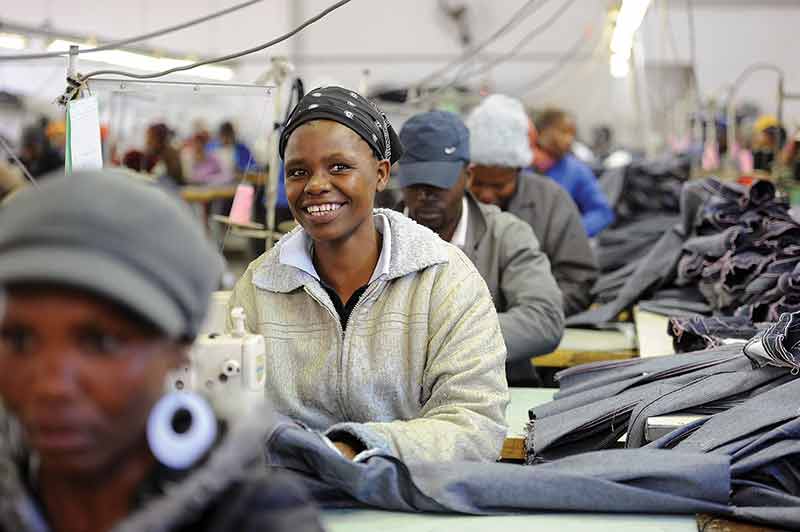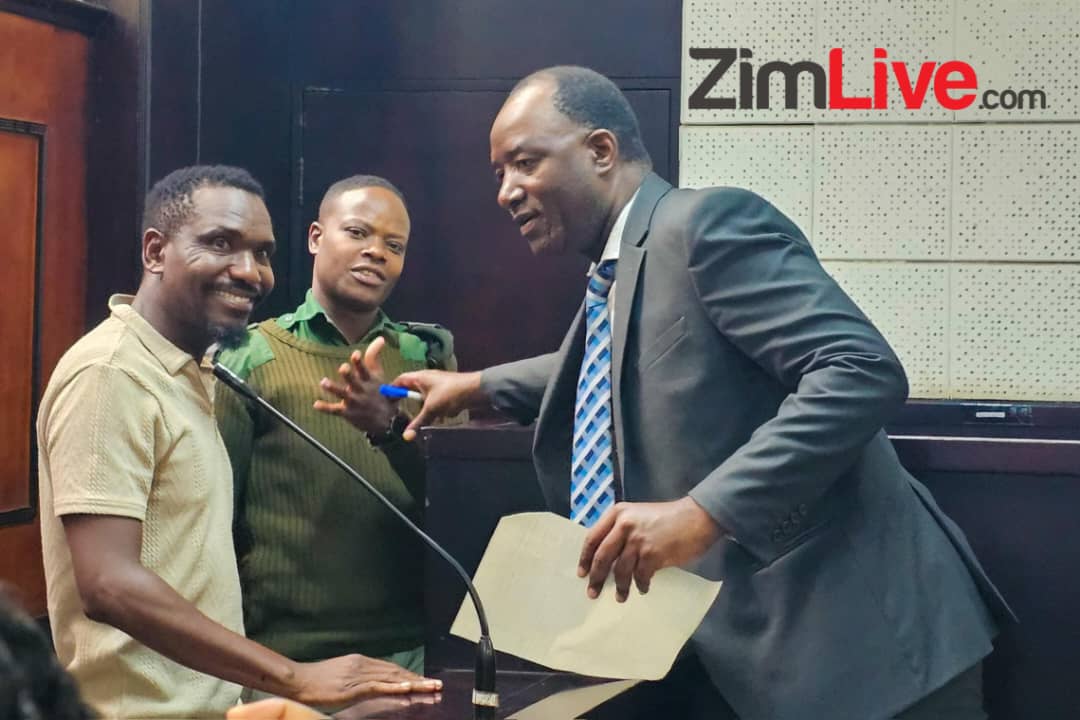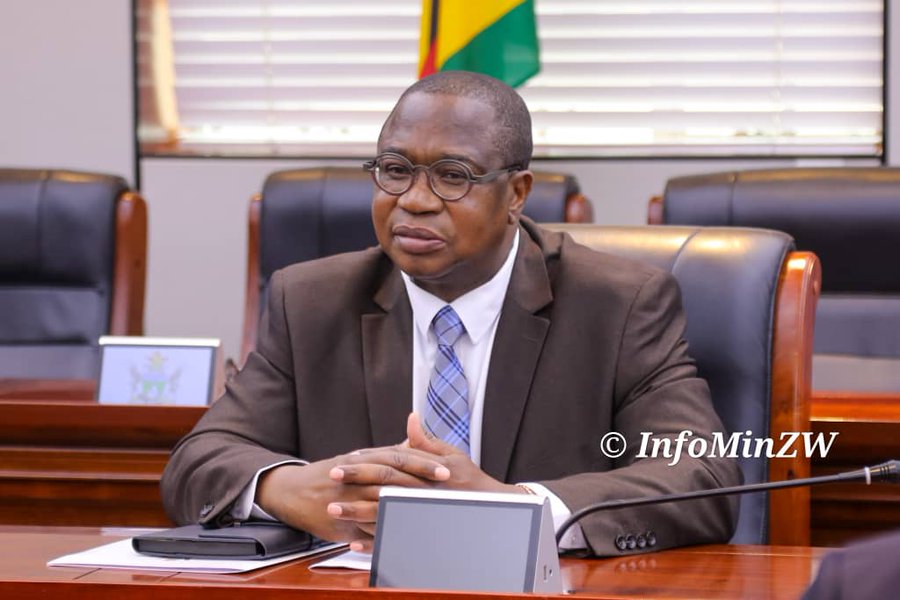HARARE – Former Zanu PF Youth League political commissar Godfrey Tsenengamu was granted Z$10,000 bail by the High Court on Wednesday after 10 days in prison.
Justice Davison Moses Foroma said magistrate Ngoni Nduna should have granted Tsenengamu bail following his arrest on October 9 accused of incitement to commit public violence.
Nduna denied Tsenengamu bail last week after ruling that he was safer in custody. The magistrate accepted prosecution claims that Tsenengamu handed himself over to police because he feared unidentified people who were stalking his family.
Nduna also said Tsenengamu was on a police wanted list for nearly three months and was likely to abscond if granted bail.
Foroma ruled that bail is a right, and said no evidence was led to support claims that Tsenengamu was in imminent danger if granted his freedom.
“The judge said the magistrate misdirected himself in failing to give the accused bail. He said the magistrate erred in accepting state allegations which were not supported by any evidence,” Tsenengamu’s lawyer Harrison Nkomo said outside court.
The prosecution says on March 1 this year, Tsenengamu posted a video and audio messages on social media, inciting people across the country to participate in “illegal” anti-government protests on July 31.
“From July 31 and beyond, you must know that people will die as never previously witnessed in this country. Masses will be beaten heavily; thievery and corruption will increase to unprecedented levels,” Tsenengamu allegedly stated.
“Boys and girls who are in the Diaspora with parents in the country, encourage your parents to attend the protests in their numbers and fight for themselves, fight for you and fight for the country as you are being oppressed in the Diaspora where you are based so that you will be able to come to them.”
The State also alleges that Tsenengamu incited the public using his Twitter handle @GodfreyTsenaz in which he posted: “I am not sure about the results of this approach. Anyway, Zimbabwe must win. The Green Revolution is saying corruption and looting must fall on July 31.”
Tsenengamu’s lawyers say the charges are part of a crackdown on dissent by President Emmerson Mnangagwa, who said in advance of the planned protests that they were an “insurrection” against his regime.
Dozens of Mnangagwa’s critics were arrested or abducted days before and after July 31. The military and police deployed heavily on the day of the planned protests, and prevented people from leaving their homes.
Many of those who were arrested have been denied bail in the lower courts only to be granted bail by the High Court after many days in prison – 42 in the cases of journalist Hopewell Chin’ono and opposition leader Jacob Ngarivhume.

